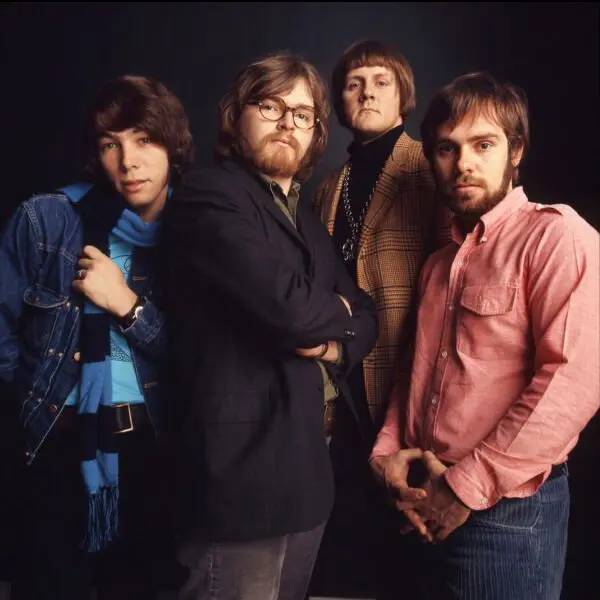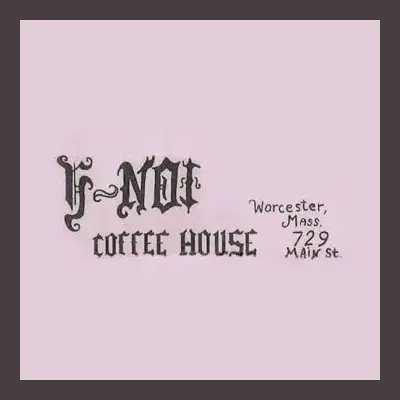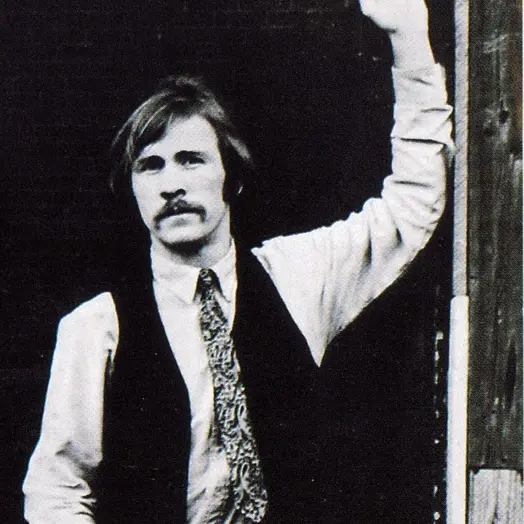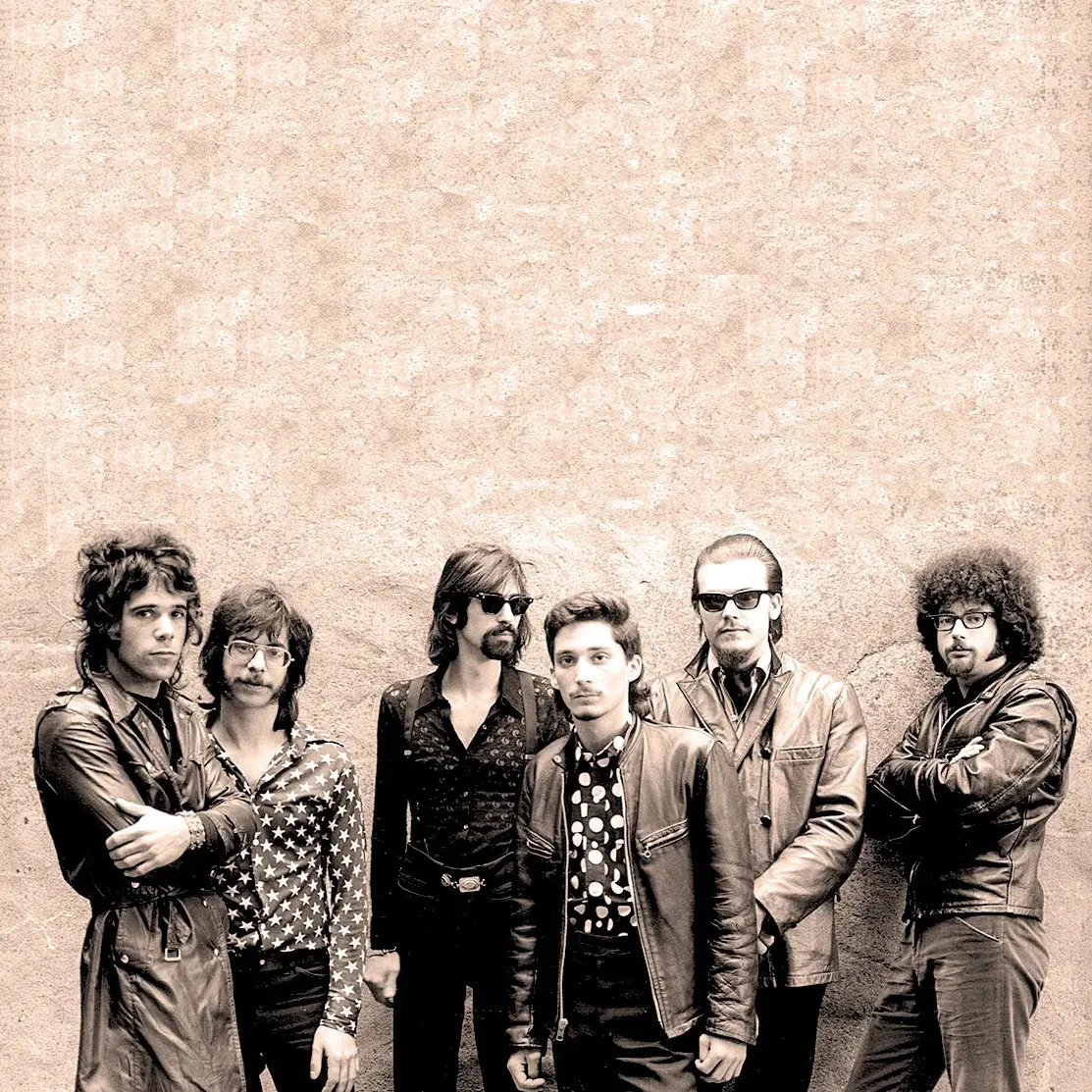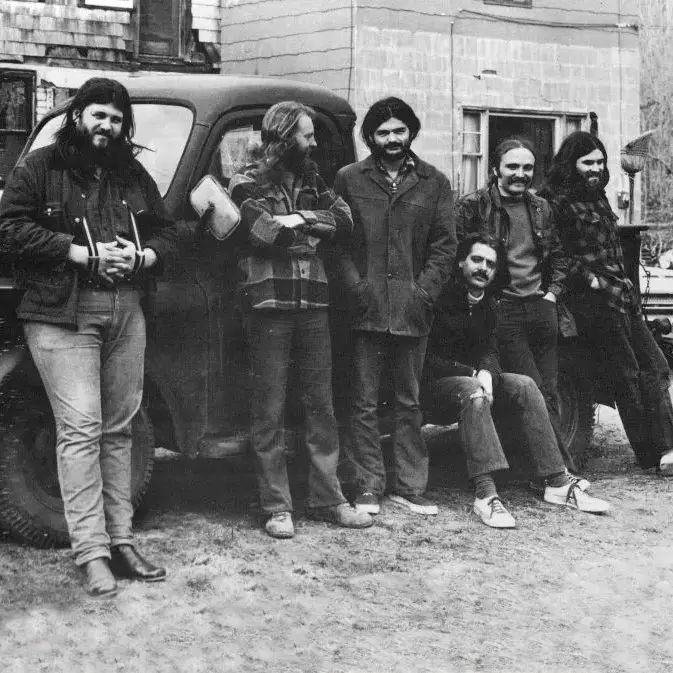Congress Alley Notes
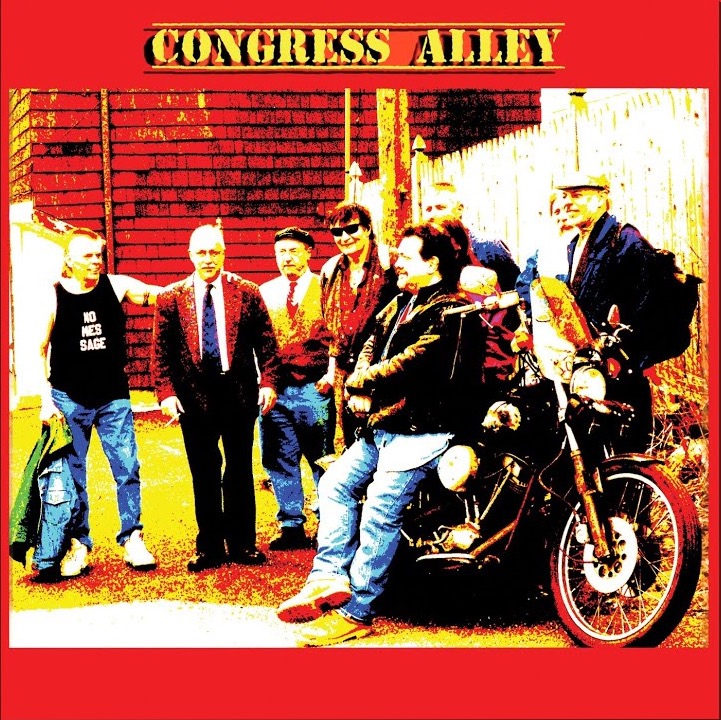
I spent a week at a friend’s crash pad in San Francisco’s Haight-Ashbury during 1967’s seminal “Summer of Love.” Music, art and revolution were everywhere. The streets teemed with strange and beautiful creatures intent on trading in the oppressive safety of their monochromatic lives for the adventure of wearing their love like heaven and letting their freak flags fly. I returned to Worcester determined to create a cultural disturbance.
I landed in Norman Schell’s apartment, upstairs from the Y-Not Coffeehouse on Main Street, which Norman managed at the time. I shared my crazy vision with him and Ken Jordan: to get our friends to move into the once-stately Crown Hill neighborhood clustered around Congress Alley. They agreed, albeit reluctantly. Mystical artist Donald Pepper ran the Omnibus, our community center on the corner of West and Pleasant Streets. Artists like John Coghlan and Howard Johnson were frequent flyers, along with writers, poets and activists such as Woodrow Woodbridge, James Jackman, K.M. Woodbury and Manasha Bilsey. And then there were the dozens of freaks that dropped by every day to expand their experiences.
Plenty of musicians could be found on the Alley, including Jaime Brockett, Howie Hersh, Eliot Sherman, Magic Dick, K.P. Burke, Marcia Sadowsky, Utah Philips and any number of Y-Not performers who were passing through town. Bruce Arnold, who lived around the corner, enlisted me to write three songs for the first Orpheus album. One of them, “Congress Alley” – since recorded by Lee Andrews, Clean Living, The Alan Lorber Orchestra & Chorus and myself, among others – focused more attention on the scene, attracting even more visitors, including Worcester Telegram and Gazette reporter Jack Tubert and popular FM deejay Jeff Starr. As many as 350 individuals were involved eventually.
Congress Alley was, as Tubert once put it, a “psychedelic playground.” Part of our plan was to pay for a “bust fund” with cash earned from the sale of marijuana and LSD. That arm was called Congress Alley Productions (CAP). We retained the services of attorney John Linzee so that whenever we had nobody to bail out, Charles Brink could paint another hydrant red, white and blue. These myths are also true: there was indeed a clothesline strung between the two main houses for the transference of contraband, and we did keep in touch with each other by Army surplus walkie-talkies. By 1969, heroin had found its way into the community and it fell apart (in much the same way the Haight-Ashbury district already had).
Congress Alley was about a lot more than drugs, however. It was about freedom of expression, diversity, tolerance and non-violent cultural revolution. And to this day, what’s so funny about peace, love and understanding? I propose that what was true in 1967 is true today. As Utah was wont to say, “I could go outside right now and bring back a rock that’s older than the oldest song and drop it on your foot. Now the past didn’t go anywhere. Did it?”
(by Stephen Martin)
Stephen Martin is a singer-songwriter from Worcester. In 1967, he wrote three songs that appeared on the first Orpheus album, one of them being “Congress Alley.” Although he was not a member of the band’s original ‘60s lineup, he joined the reformed Orpheus in 1971. Congress Alley itself is part of the Crown Hill Local Historic District designated by the Worcester City Council in 2013.

